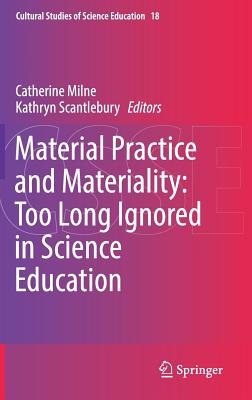Representing Scientific Knowledge: The Role of Uncertainty
暫譯: 科學知識的表徵:不確定性的角色
Chaomei Chen, Min Song
- 出版商: Springer
- 出版日期: 2019-06-04
- 售價: $3,190
- 貴賓價: 9.5 折 $3,031
- 語言: 英文
- 頁數: 375
- 裝訂: Paperback
- ISBN: 3319873369
- ISBN-13: 9783319873367
-
相關分類:
Text-mining
海外代購書籍(需單獨結帳)
相關主題
商品描述
This book is written for anyone who is interested in how a field of research evolves and the fundamental role of understanding uncertainties involved in different levels of analysis, ranging from macroscopic views to meso- and microscopic ones. We introduce a series of computational and visual analytic techniques, from research areas such as text mining, deep learning, information visualization and science mapping, such that readers can apply these tools to the study of a subject matter of their choice. In addition, we set the diverse set of methods in an integrative context, that draws upon insights from philosophical, sociological, and evolutionary theories of what drives the advances of science, such that the readers of the book can guide their own research with their enriched theoretical foundations.
Scientific knowledge is complex. A subject matter is typically built on its own set of concepts, theories, methodologies and findings, discovered by generations of researchers and practitioners. Scientific knowledge, as known to the scientific community as a whole, experiences constant changes. Some changes are long-lasting, whereas others may be short lived. How can we keep abreast of the state of the art as science advances? How can we effectively and precisely convey the status of the current science to the general public as well as scientists across different disciplines?
The study of scientific knowledge in general has been overwhelmingly focused on scientific knowledge per se. In contrast, the status of scientific knowledge at various levels of granularity has been largely overlooked. This book aims to highlight the role of uncertainties, in developing a better understanding of the status of scientific knowledge at a particular time, and how its status evolves over the course of the development of research. Furthermore, we demonstrate how the knowledge of the types of uncertainties associated with scientific claims serves as an integral and critical part of our domain expertise.
商品描述(中文翻譯)
這本書是為任何對研究領域如何演變以及理解不同分析層級中所涉及的不確定性所扮演的基本角色感興趣的人所寫的,這些層級從宏觀視角到中觀和微觀視角。我們介紹了一系列計算和視覺分析技術,來自於文本挖掘、深度學習、資訊視覺化和科學地圖等研究領域,使讀者能夠將這些工具應用於他們所選擇的主題研究。此外,我們將這些多樣化的方法置於一個整合的背景中,借鑒哲學、社會學和進化理論的見解,這些見解解釋了推動科學進步的因素,使得本書的讀者能夠以豐富的理論基礎指導自己的研究。
科學知識是複雜的。一個主題通常建立在其自身的一套概念、理論、方法論和發現之上,這些都是由幾代研究者和實踐者所發現的。科學知識,作為整個科學社群所知,經歷著不斷的變化。有些變化是持久的,而另一些可能是短暫的。我們如何能夠跟上科學進步的最新狀態?我們如何能夠有效且精確地將當前科學的狀態傳達給公眾以及不同學科的科學家?
一般而言,對科學知識的研究過於集中於科學知識本身。相對而言,各個層級的科學知識狀態在很大程度上被忽視。本書旨在強調不確定性在發展對特定時刻科學知識狀態的更好理解中的角色,以及其狀態如何在研究發展過程中演變。此外,我們展示了與科學主張相關的不確定性類型的知識如何作為我們領域專業知識的一個整體和關鍵部分。











